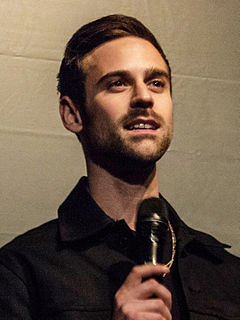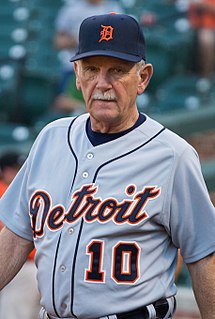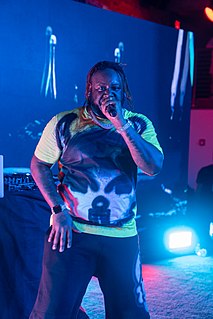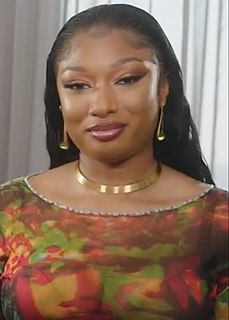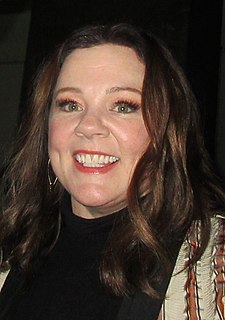A Quote by Will Oldham
To me, the best purpose of an interview would be to illuminate some things about how somebody works for the benefit of somebody else who wants to do those things. And that's not where most interviews go at all, so to me, they seem like strange exercises in small talk and wasted air.
Related Quotes
That the things that have impacted me most are not news articles written by older people that I would have no relation to; the things that impact me most are things written by people closer to my age. And I wanted to write things in a way where somebody my age could read it and feel like they are holding somebody's hand and be with somebody.
We must not drift away from the humble works, because these are the works nobody will do. It is never too small. We are so small we look at things in a small way. But God, being Almighty, sees everything great. Therefore, even if you write a letter for a blind man or you just go sit and listen, or you take the mail for him, or you visit somebody or bring a flower to somebody-small things-or wash clothes for somebody, or clean the house. Very humble work, that is where you and I must be. For there are many people who can do big things. But there are very few people who will do the small things.
Everybody wants to feel that you're writing to a certain demographic because that's good business, but I've never done that ... I tried to write stories that would interest me. I'd say, what would I like to read?... I don't think you can do your best work if you're writing for somebody else, because you never know what that somebody else really thinks or wants.
Things come up from the outside, the outside world says, okay, you have do this, you have to go here and here and here, and these are your options. You can be here or you can be here. You can do this, or you can do this. You can go here, or you can go there. So each one of those things becomes a place of decision, and the way we make decisions is that we all get together and if somebody doesn't feel right about it or it doesn't seem to sit right, usually we'll go with the no vote. If somebody's not comfortable with it, we'll figure it's not going to be worth doing.
I don't think he was knowable. I mean, when most people talk about knowing somebody a lot or a little, they're talking about the secrets they've been told or haven't been told. They're talking about intimate things, family things, love things," that nice old lady said to me. "Mr. Hoenikker had all those things in his life, the way every living person has to, but they weren't the main things with him.
I love seeing somebody act real earnest and serious, like Jackie Gleason. He makes me laugh because he reflects back to me my own serious-mindedness and how ridiculous it all is. It's always easier to see somebody else in that position than yourself, and you laugh. It's like the classic slipping on the banana peel, or someone getting hit by a pie in the face. Why do those things make us laugh? Is it from relief, like: Thank God it wasn't me? Or is it something else: I'm being very serious now. I'm pontificating earnestly and solemnly about-POW! PIE IN THE FACE! The bust-up of certainty.
I was spurred by the fact that having worked for women's magazines myself as a journalist, if you go off and interview a female celebrity, I'd just go in and interview them like I'd interview any human being and talk about the things that interested me. And you'd come back, and you'd file your copy. And then my editor would read through my copy and go, why haven't you asked them if they want kids? And I'd be like, well, I don't know, I interviewed Aerosmith last week. And I didn't ask them that.







